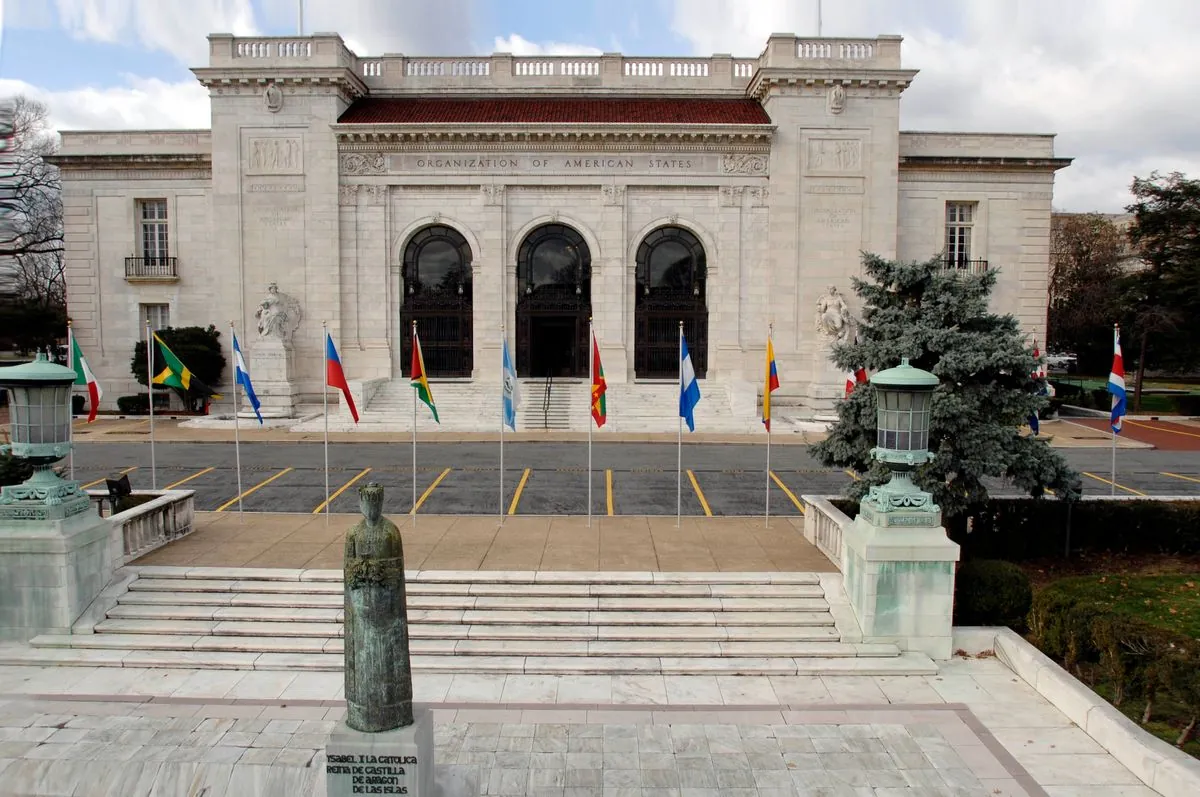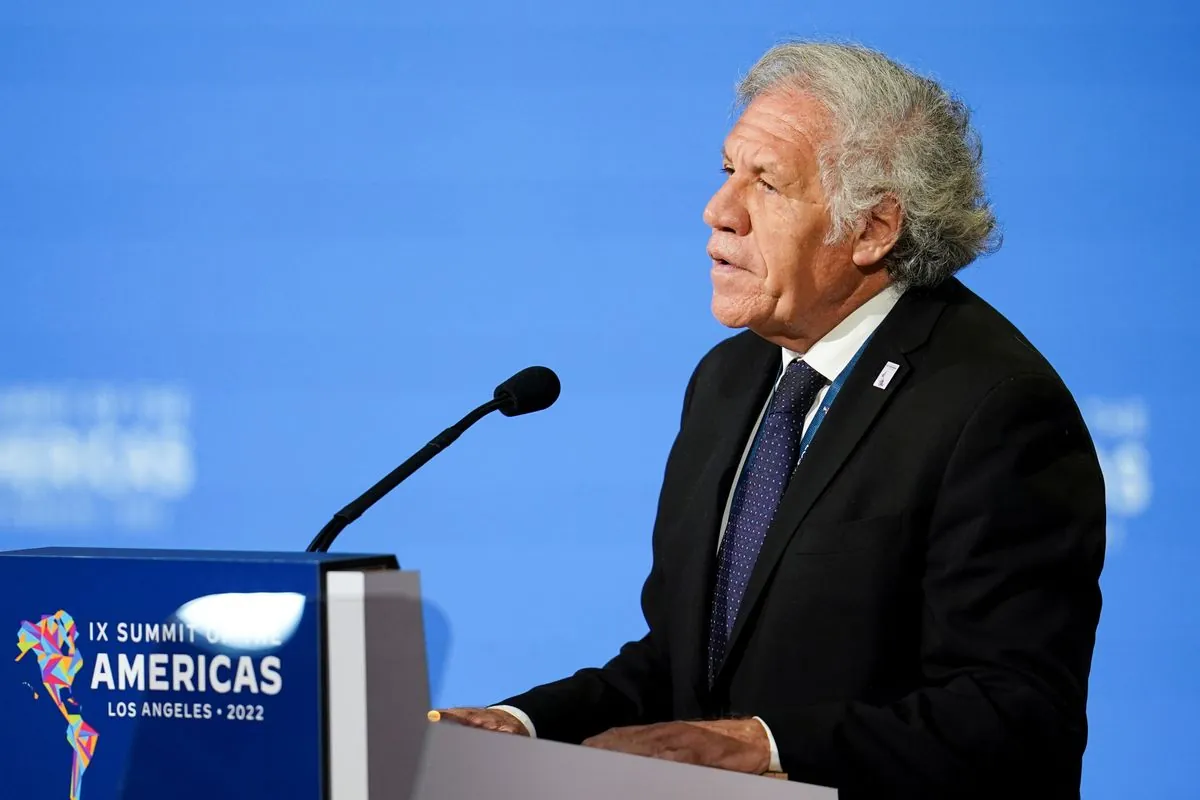OAS Leadership Diverges from Latin American Stance on Gaza Conflict
The Organization of American States' support for Israel contrasts sharply with Latin American countries' opposition to the Gaza war, potentially eroding the OAS's regional relevance and driving nations to alternative forums.

The ongoing conflict between Israel and Hamas has highlighted a significant divide between the Organization of American States (OAS) leadership and the majority of Latin American and Caribbean nations. This disparity has raised questions about the OAS's ability to represent the region's interests effectively.
Since the outbreak of hostilities on October 7, 2023, many Latin American countries have taken strong stances against Israel's military actions in Gaza. Notably, Colombia has suspended weapons purchases from and coal exports to Israel, previously a major supplier of coal to the country.
However, the OAS, under Secretary-General Luis Almagro, has maintained unwavering support for Israel. Almagro condemned the initial Hamas attack but has remained silent on the subsequent loss of Palestinian lives and the humanitarian crisis in Gaza. This position starkly contrasts with that of António Guterres, the UN Secretary-General, who has repeatedly called for a cease-fire.

The OAS's stance appears to be influenced by several factors, including its historical alignment with U.S. interests and the influence of far-right networks. For instance, in 2020, Almagro met with Santiago Abascal, leader of Spain's far-right Vox party, at the OAS headquarters in Washington, D.C.
"Israel has the right to defend itself."
This statement, made in response to the October 7 attack, exemplifies the OAS leadership's position, which has remained unchanged despite the escalating humanitarian crisis in Gaza.
The organization's close ties with Israel and pro-Israel groups have also shaped its policies. In 2019, the OAS adopted the International Holocaust Remembrance Alliance's definition of antisemitism, a move that has been criticized for potentially suppressing legitimate criticism of Israeli policies.
As a result of this disconnect, many Latin American and Caribbean countries are turning to alternative regional forums to address the Gaza conflict. The Community of Latin American and Caribbean States (CELAC), which excludes the United States and Canada, called for an immediate cease-fire in March 2024. Similarly, Brazil used the Mercosur alliance to establish a free trade agreement with the Palestinian Authority in July 2024.
The OAS's current trajectory risks further eroding its legitimacy in the region. With 32 out of 35 countries in the Americas recognizing the state of Palestine, the organization's leadership appears increasingly out of step with its member states' positions.
As the conflict continues and the death toll in Gaza rises, the OAS faces a critical juncture. Its ability to adapt and represent the diverse views of its member states may determine its future relevance in the Western Hemisphere's multilateral landscape.


































